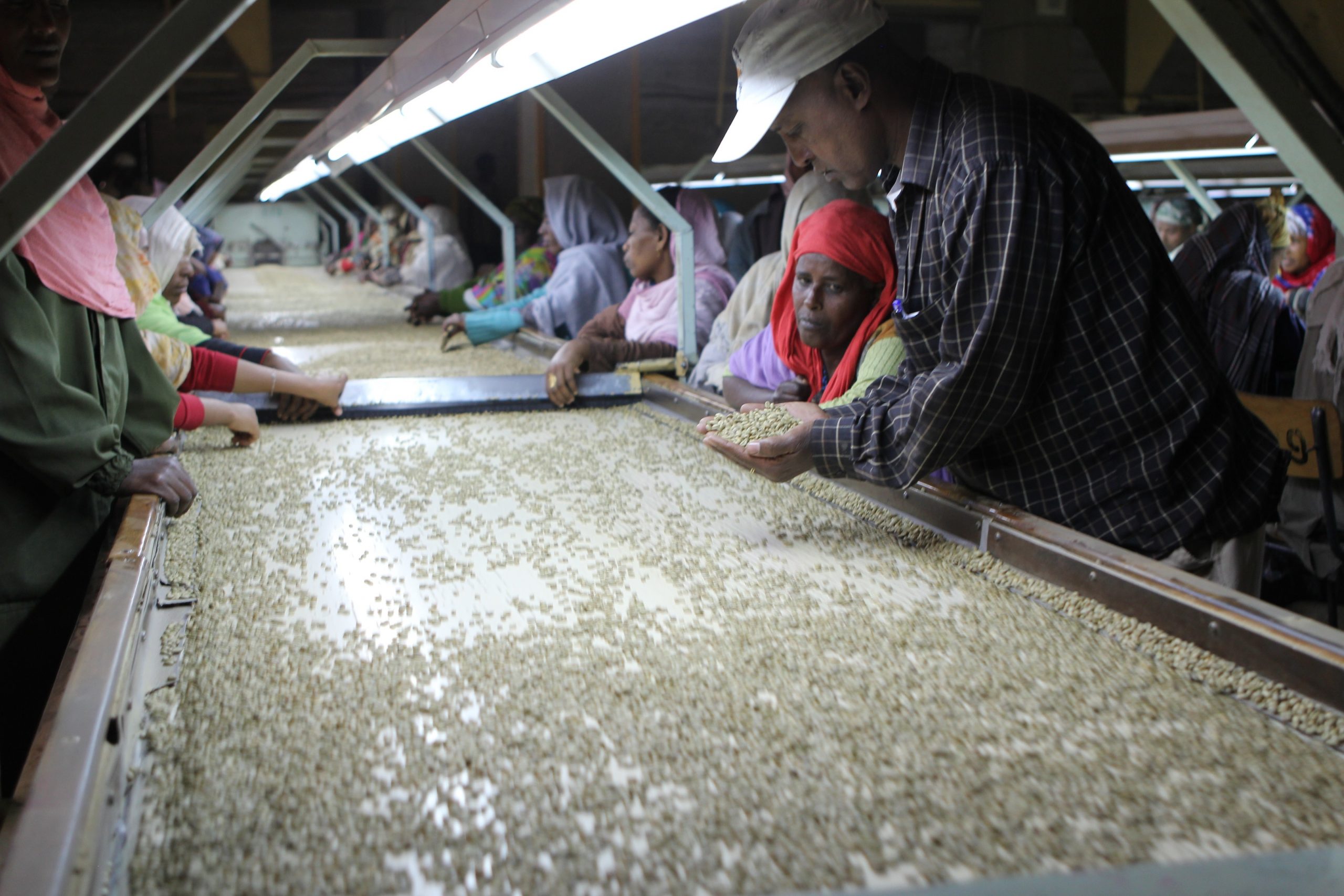
Promoting Energy Access, Efficiency, and Reliability
Background Narrative
Energy Opportunities for Agriculture Systems and Food Security (Energy for Ag) is a research and learning project investigating opportunities that promote energy access, efficiency, and reliability in post-harvest agricultural systems. Through literature review, case studies, and field work in Kenya, Senegal, and Rwanda, the project explores renewable energy (RE) and energy efficiency (EE) improvements to urban food security and women’s empowerment in the U.S. Government’s Global Food Security Strategy (GFSS) target countries in sub-Saharan Africa (SSA).
Most food loss in SSA occurs before it reaches retailers and consumers. Any serious solutions to food security challenges in the region must consider post-harvest inefficiencies and improve the agriculture and energy systems that link farms to consumers. Energy for Ag calls for a deep dive into: the social dynamics of urban and rural food insecurity; the economic ties between urban and rural populations around food and agricultural products; and the environmental impacts and sustainability of post-harvest value chains. Combined with our energy technology partner, the project draws on ACDI/VOCA’s strength in these areas to identify and prioritize value chain opportunities to bridge rural agriculture production with urban food demand through new energy markets within food systems. Current trends in urban population growth reinforce this need.
Gender integration and female empowerment is a key focus area across all stages of the research—both desk and field-based. In many value chains, women have less access to energy resources, hampering productivity, influencing time burdens, and impacting poverty and nutrition. Women are also key end users and service providers of many RE and EE technologies, and their perspectives are critical.
Project Objectives
- Identify key opportunities to increase energy efficiency and clean energy within agricultural value chains that bridge rural production and urban food demand or export markets
- Guidance on how opportunities can be integrated into policy, partnerships, and planning
- Identify the role opportunities for low-carbon energy use in PH systems play in achieving a country’s low emission development goals
- Study the impact that the energy and agriculture and food security nexus may have on gender integration and female empowerment as well as the low emissions development goals in the target SSA countries, particularly at the agriculture sector level
Project Activities and Approaches
- Initial scoping study of the research questions and relevance to USAID missions across Feed the Future countries in SSA, including strategy reviews and stakeholder interviews
- Identification and justification of selected value chains and countries through which the research questions will be explored. The cold chain segment of the dairy value chain within Kenya, Senegal, and Rwanda was prioritized.
- Systematic literature review, including an emphasis on gender-focused studies and analyses, to integrate lessons learned in both SSA and internationally, and further best practices surrounding energy opportunities in the dairy cold chain that link rural food production and urban markets
- Field work in Senegal and Kenya
- Development of case studies to demonstrate and evaluate the viability of key interventions
- Programming and policy guidance to help USAID missions integrate energy efficiency and renewable energy into the post-harvest stages of agriculture value chains
Anticipated Project Results
- Build the evidence base around the project’s four key objectives, synthesized in a literature review, informed by field work, and highlighted through case studies
- Contribute to shaping USAID’s investments in agriculture and energy, especially in GFSS and Feed the Future target countries within SSA
- Provide a program design guidance document for missions, to help USAID leverage energy efficiency and renewable energy opportunities that have the most potential to catalyze change in agricultural value chains that benefits both women and men
Funder: USAID; Prime: Green Powered Technology
Contact: Anna Garloch, agarloch@acdivoca.org


